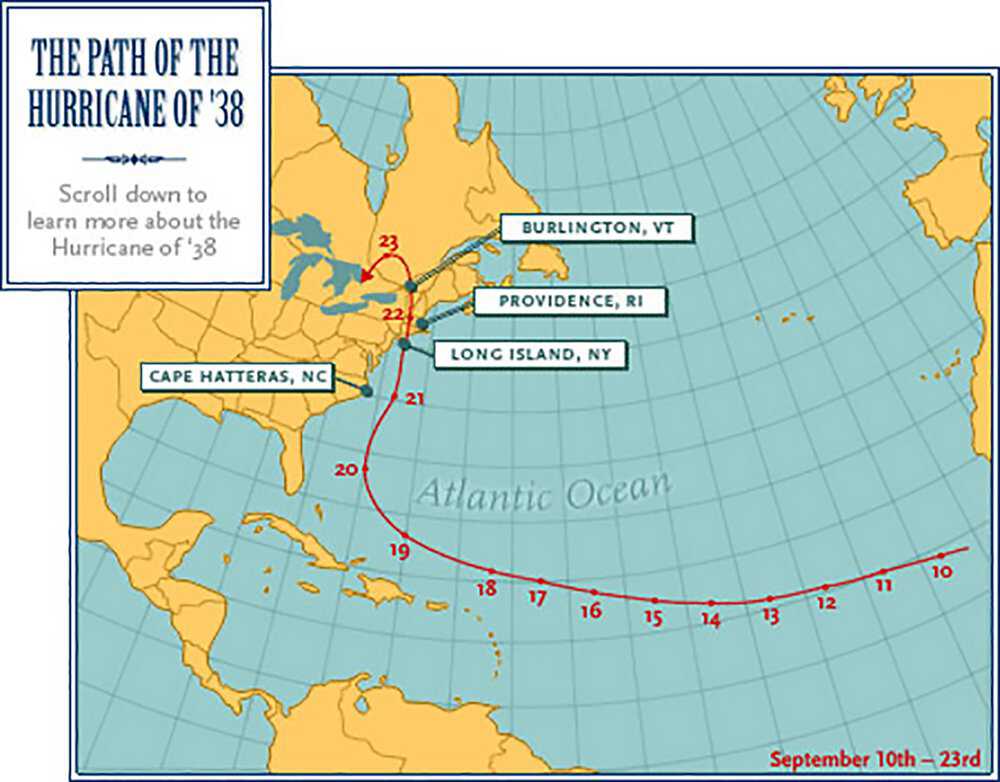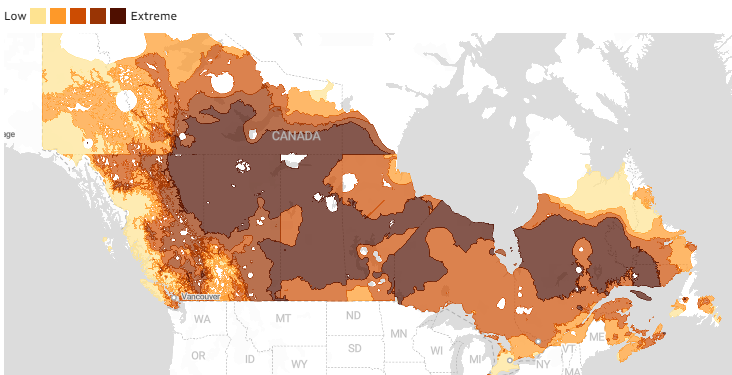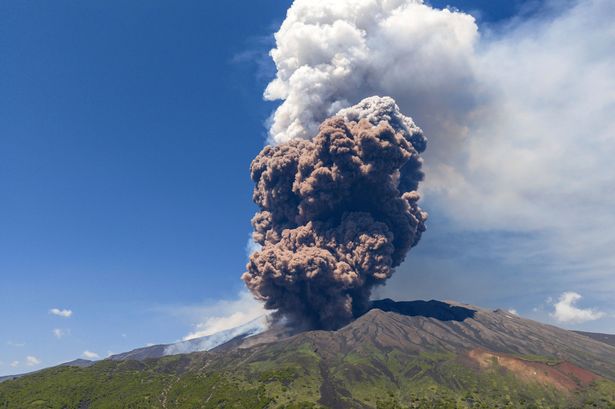
The Importance of Understanding Hurricanes
Hurricanes are among nature’s most violent storms, capable of causing devastating destruction to communities and ecosystems. Understanding their formation, trajectory, and impacts is crucial for preparedness and response. As climate change leads to warmer ocean temperatures, it is vital for residents in hurricane-prone regions and policymakers to stay informed about the increased frequency and intensity of these storms.
Current Hurricane Trends
In 2023, the Atlantic hurricane season has already showcased unusual patterns, with experts citing a worrying trend of intensifying storms. According to the National Oceanic and Atmospheric Administration (NOAA), this season has seen an early start with several significant storms, including Hurricane Lee and Hurricane Margot, which maintained their intensity longer than typical for the season. These storms are attributed to warmer sea surface temperatures, a phenomenon that correlates with climate change.
Communities across the East Coast have experienced various levels of impact. Florida and the Carolinas were on high alert as Hurricane Lee approached landfall, prompting emergency declarations and evacuations. Reports indicate that the measures taken by local governments played a significant role in minimizing human and economic loss.
Preparedness and Community Response
Preparedness is critical in reducing the toll that hurricanes can have on communities. The Federal Emergency Management Agency (FEMA) has been actively working with local and state officials to promote readiness through education and resource availability. They recommend that households develop emergency plans, gather supplies, and stay informed through official weather channels.
Emergency services, including the National Guard and Red Cross, have been deployed in anticipation of hurricane landfalls to assist with recovery efforts and ensure public safety. Additionally, recovery frameworks are continuously being analyzed and improved based on prior hurricane seasons to enhance community resilience.
Conclusion
The ongoing discussions around hurricanes and their increased intensity highlight the urgent need for both individual and collective preparations. Climate experts predict that as global temperatures rise, so too will the strength and frequency of hurricanes, emphasizing the importance of vigilance and readiness. Staying informed about hurricane preparedness can significantly mitigate the potential damage and save lives during these catastrophic events.






